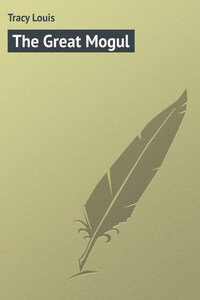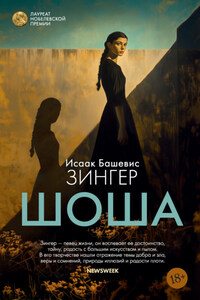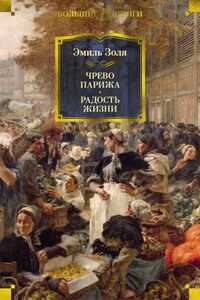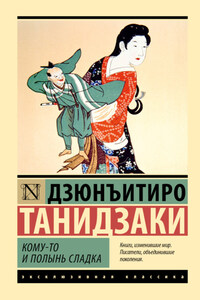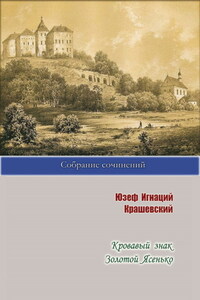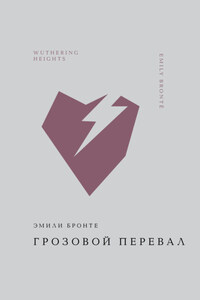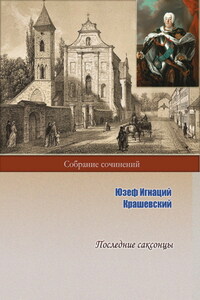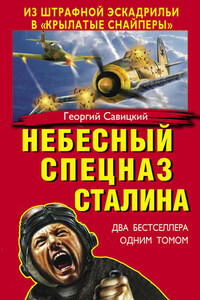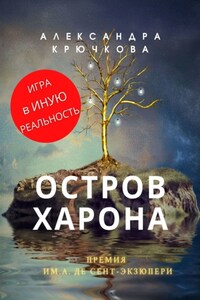“And is there care in Heaven?”
Spenser’s Faerie Queene.
“Allah remembers us not. It is the divine decree. We can but die with His praises on our lips; perchance He may greet us at the gates of Paradise!”
Overwhelmed with misery, the man drooped his head. The stout staff he held fell to his feet. He lifted his hands to hide the anguish of eye and lip, and the grief that mastered him caused long pent-up tears to well forth.
His resigned words, uttered in the poetic tongue of Khorassan, might have been a polished verse of Sa’adi were they not the outpouring of a despairing heart. The woman raised her burning eyes from the infant clinging to her exhausted breast.
“Father of my loved ones,” she said, “let you and the two boys travel on with the cow. If you reach succor, return for me and my daughter. If not, it is the will of God, and who can gainsay it?”
The man stooped to pick up his staff. But his great powers of endurance, suddenly enfeebled by the ordeal thrust upon him, yielded utterly, and he sank helpless by the side of his wife.
“Nay, Mihr-ul-nisa, sun among women, I shall not leave thee,” he cried passionately. “We are fated to die; then be it so. I swear by the Prophet naught save death shall part us, and that not for many hours.”
So, to the mother, uselessly nursing her latest born, was left the woful task of pronouncing the doom of those she held dear. For a little while there was silence. The pitiless sun, rising over distant hills of purple and amber, gave promise that this day of late July would witness no relief of tortured earth by the long-deferred monsoon. All nature was still. The air had the hush of the grave. The greenery of trees and shrubs was blighted. The bare plain, the rocks, the boulder-strewed bed of the parched river, each alike wore the dust-white shroud of death. Far-off mountains shimmered in glorious tints which promised fertile glades and sparkling rivulets. But the promise was a lie, the lie of the mirage, of unfulfilled hope.
These two, with their offspring, had journeyed from the glistening slopes on the northwest, now smiling with the colors of the rainbow under the first kiss of the sun. They knew that the arid ravines and bleak passes behind were even less hospitable than the lowlands in front. Knowledge of what was past had murdered hope for the future. They had almost ceased to struggle. True children of the East, they were yielding to Kismet. Already a watchful vulture, skilled ghoul of desert obsequies, was describing great circles in the molten sky.
The evils of the way were typical of their by-gone lives. Beginning in pleasant places, they were driven into the wilderness. The Persian and his wife, Usbeg Tartars of Teherán, nobly born and nurtured, were now poverty-stricken and persecuted because one of the warring divisions of Islam had risen to power in Ispahán. “It shall come to pass,” said Mahomet, “that my people shall be divided into three-and-seventy sects, all of which, save only one, shall have their portion in the fire!” Clearly, these wanderers found solace in the beliefs held by some of the condemned seventy-two.
Striving to escape from a land of narrow-minded bigots to the realm of the Great Mogul, the King of Kings, the renowned Emperor of India – whom his contemporaries, fascinated by his gifts and dazzled by his magnificence, had styled Akbar “the Great“ – the forlorn couple, young in years, endowed with remarkable physical charms and high intelligence, blessed with two fine boys and the shapely infant now hugged by the frantic mother, had been betrayed not alone by man but by nature herself.
At this season, the great plain between Herát and Kandahár should be all-sufficing to the needs of travelers. Watered by a noble river, the Helmund, and traversed by innumerable streams, it was reputed the Garden of Afghanistán. Pent in the bosom of earth, all manner of herbs and fruits and wholesome seeds were ready to burst forth with utmost prodigality when the rain-clouds gathered on the hills and discharged their gracious showers over a soil athirst. But Allah, in His exceeding wisdom, had seen fit to withhold the fertilizing monsoon, and the few resources of the exiles had yielded to the strain. First their small flock of goats, then their camel, had fallen or been slain. There was left the cow, whose daily store of milk dwindled under the lack of food.
The patient animal, lean as the kine of the seven years of famine in Joseph’s dream, was yet fit to walk and carry the two boys, whose sturdy limbs had shrunk and weakened until they could no longer be trusted to toddle alone even on the level ground. She stood now, regarding her companions in suffering with her big violet eyes and almost contentedly chewing some wizened herbage gathered by the man overnight. Strange to say, it was on the capabilities of the cow that rested the final issue of life and death for one if not all. The cow had carried and sustained the woman before and after the birth of the child. Last and most valued of their possessions, she had become the arbiter of their fate.
